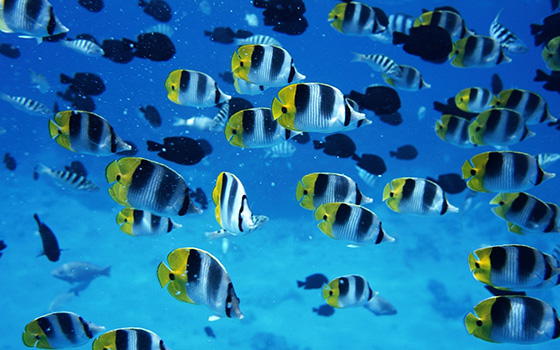The cosplay community, a colourful and numerous tradition, has garnered good sized attention in recent years. It’s now not pretty much dressing up as favorite characters from films, tv shows, or video video games; it’s a complex international filled with creativity, craftsmanship, and camaraderie. here are some sudden records that highlight the precise aspects of this fascinating network.
no matter its reputedly niche appeal, cosplay boasts a vast worldwide presence. most important events along with comic-Con draw loads of hundreds of individuals annually, showcasing elaborate costumes and awesome performances. This widespread participation shows that cosplay isn’t just a hobby for a select few however alternatively a passionate pursuit shared via human beings from all corners of the sector.
contrary to popular notion, cosplayers aren’t simply restricted to teenagers and young adults. The community spans throughout various age companies, along with older adults who have been involved inside the scene for many years. these pro fans convey a wealth of enjoy and often mentor more youthful generations, ensuring the craft and spirit of cosplay hold to flourish.

Cosplay also serves as a effective tool for self-expression and confidence building. Many individuals use it as an outlet for his or her creativity, permitting them to explicit themselves in approaches they won’t be capable of in their regular lives. The manner of making a dressing up—from conceptualization to of completion—is each hard and worthwhile, fostering a sense of accomplishment and delight.
economic investment is any other unexpected factor of cosplay. while some might anticipate that cosplay is a cheap hobby, the advent of costumes can be quite expensive. enthusiasts frequently spend hundreds, if no longer hundreds, of dollars on materials, equipment, and add-ons. however, many cosplayers are adept at operating inside finances constraints, finding innovative ways to create stunning costumes without breaking the financial institution.
the extent of workmanship involved in cosplay is sincerely notable. Many cosplayers own skills akin to expert artisans, which include stitching, sculpting, or even computer graphics make-up. these talents are frequently honed over years, making every gown a testament to dedication and tough paintings. some cosplayers even move as far as designing and constructing complicated props and units to decorate their performances.

Social media has had a profound effect at the cosplay network. platforms like Instagram, TikTok, and YouTube have furnished cosplayers with a area to share their work, gain popularity, and connect to others who percentage their ardour. This visibility has helped to dispel myths and stereotypes about the network, offering it in a more effective and inclusive mild.
Cosplay additionally encourages collaboration and teamwork. Many large-scale costumes require more than one humans to work collectively, combining their competencies and resources to create something extremely good. This collaborative spirit extends beyond gown introduction, as cosplayers frequently support and inspire every other at activities, supporting with modifications, maintenance, and different ultimate-minute needs.
educational advantages are another sudden facet of cosplay. The competencies discovered thru dress creation and overall performance—together with problem-solving, venture control, and great motor abilities—are transferable to diverse real-lifestyles conditions. additionally, many cosplayers use their reports to teach workshops and tutorials, passing on their understanding to newer contributors of the network.

notwithstanding the positive factors, the cosplay community additionally faces demanding situations. issues which includes copyright infringement, cultural appropriation, and frame shaming can arise. however, the network is proactive in addressing those troubles, promoting respect, inclusivity, and proper attribution. This ongoing talk enables to make sure that cosplay stays a welcoming and respectful area for every body.
In conclusion, the cosplay community is a great deal extra than meets the attention. It’s a dynamic and multifaceted global that brings together creativity, talent, and ardour. From its international reach to its instructional blessings, cosplay maintains to surprise and inspire those who engage in it. whether you’re a pro cosplayer or a curious observer, there’s no denying the impact and impact of this terrific community.


